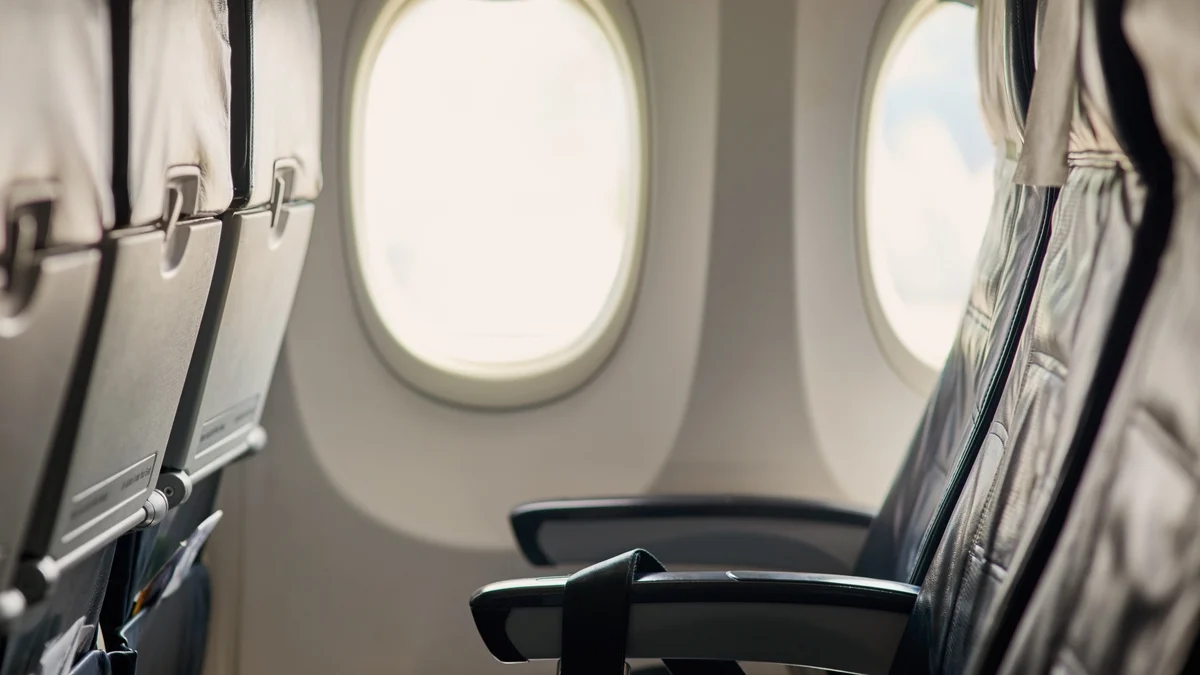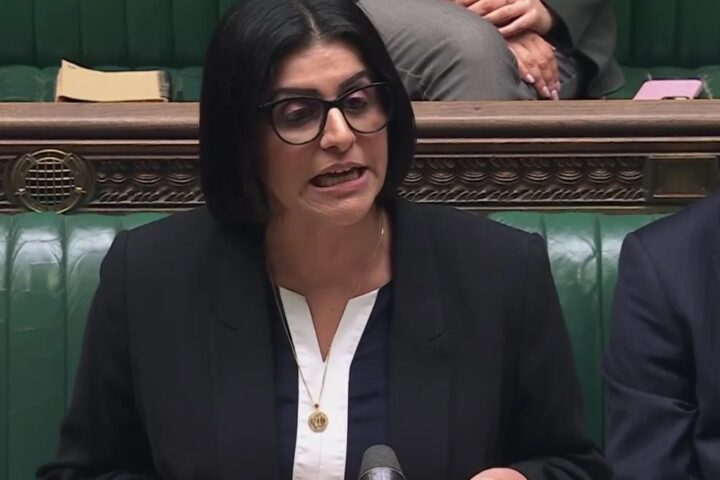Thirty-five people, including five children, have been deported from Ireland to Nigeria at a cost of €325,000.
The 21 men, nine women and five children were refused international protection and left on a chartered flight which departed Dublin Airport last night for Lagos.
The children were all part of family groups.
Minister for Justice Jim O’Callaghan said that it was the third chartered flight used and €324,714 spent on it was “value for money”.
He said the costs covered a “difficult and challenging job” carried out by An Garda Síochána, Department of Justice staff and prison officers who accompanied people on flights.
Speaking on RTÉ’s News at One, he said the price was standard in respect of commercial and chartered flights.
The minister said such operations send out a clear message regarding the enforcement of rules for those with deportation orders, adding that the asylum system becomes meaningless if it is not enforced.
Those on the flight to Nigeria were served with a deportation order and did not comply with that, he said, so a consequence was needed.
A deportation order ‘has meaning’ – Minister
He said that while his preference would be voluntary departure, deportation flights would become a regular response to the issue.
“People need to know that if they are served with a deportation order, it has meaning, and the meaning is that you are not entitled to stay in Ireland,” Minister O’Callaghan said.
“If it is the case that you’re not permitted to stay – whether you’ve overstayed your work visa or haven’t been granted asylum – there must be a consequence.”
The minister said earlier that while the flight had to make an unscheduled stop due to a medical incident on board, it was able to resume its journey and all 35 returnees arrived in Nigeria this morning.
Minister of State for Migration Colm Brophy said all applicants who were refused asylum were followed up, with the majority of people expected to self-deport.
“You’re given an opportunity to voluntarily return. We actually encourage people to do that but once you’re served with a deportation order, you must leave,” he said.
When asked if people are followed up once they are served with a deportation notice, the minister said they want people to leave voluntarily first.
“We encourage voluntary returns. Once you’re served a deportation notice, we will ask you to leave because you’re supposed to leave,” he said.
“If you do not leave, we now have deportation flights, which enable us to make this extra stage.”
1,940 deportation orders signed this year – dept
Nigeria is not on the designated list of safe countries but Minister Brophy explained that individual assessments are made to ensure the safety of people being deported.
“We do an evaluation before that flight takes off, that it is safe for them to return,” he said.
It is the third operation conducted since the recommencement of charter flights for deportations in February and brings to 106 the number of people deported by charter flights.
The Department of Justice said further charter operations will be carried out throughout the year.
The Department of Justice said 2,403 deportation orders were signed in 2024, an increase of 180% compared to 2023.
It said 1,940 deportation orders have been signed this year and 888 have departed the State under various mechanisms.
In a statement to RTÉ News, the Irish Refugee Council said that while governments have a right to control borders and immigration, the Irish Government’s “near-exclusive focus on deportation as the central pillar of its international protection policy is deeply concerning”.
“Forced deportation is costly and ineffective. It pushes people to the margins of society and wrenches them from communities they have lived in – this includes the five children who were deported yesterday.
“We are also deeply concerned that individuals on deportation orders, including women and children, are at serious risk of destitution due to the sudden loss of various supports that coincide with the issuance of a deportation order,” it said.















